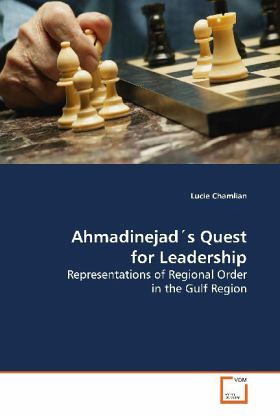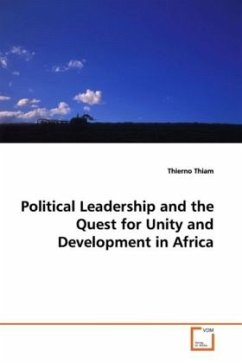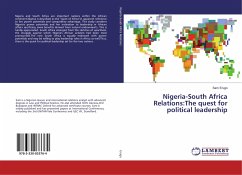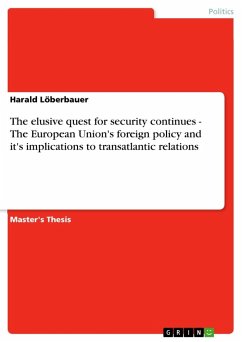
Ahmadinejad's Quest for Leadership
Representations of Regional Order in the Gulf Region
Versandkostenfrei!
Versandfertig in 6-10 Tagen
32,99 €
inkl. MwSt.

PAYBACK Punkte
16 °P sammeln!
Is Iran a 'regional leading power'? How can leadership be conceptualised? How can its impact be measured? While leadership has often been equated with the possession of power capabilities, this study emphasises the social and ideational dimensions of leadership, taking recourse to symbolic interactionism, constructivism and reflexive-interpretative methodology. Discourses can be regarded as dynamic arenas in which claims to leadership are articulated, legitimised but also contested. Therefore, they are a commensurate means to grasp potential leadership-relations as well as to identify continui...
Is Iran a 'regional leading power'? How can leadership be conceptualised? How can its impact be measured? While leadership has often been equated with the possession of power capabilities, this study emphasises the social and ideational dimensions of leadership, taking recourse to symbolic interactionism, constructivism and reflexive-interpretative methodology. Discourses can be regarded as dynamic arenas in which claims to leadership are articulated, legitimised but also contested. Therefore, they are a commensurate means to grasp potential leadership-relations as well as to identify continuity or change in such relations. A starting point to assess the scope of leadership is to compare the representations of regional order of the potential leader and followers. If they are shared between the two parties and mostly shaped by the potential leader, leadership may be effective at least on a normative level. In the light of the nuclear conflict, which makes this study highly topical, following question is raised: to what extent are Ahmadinejad's visions of regional order shared by his political counterparts in the Gulf region?












